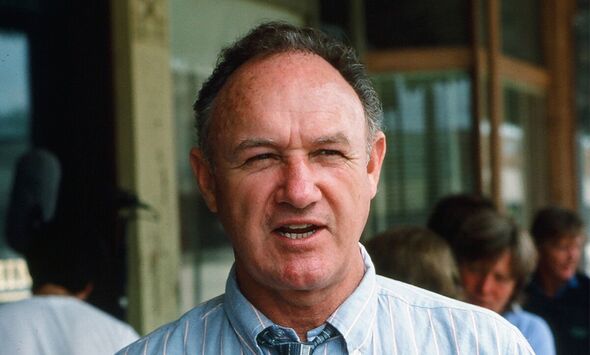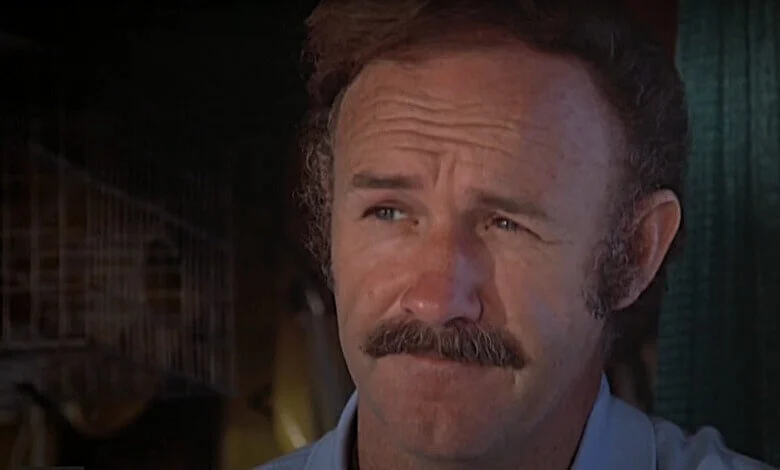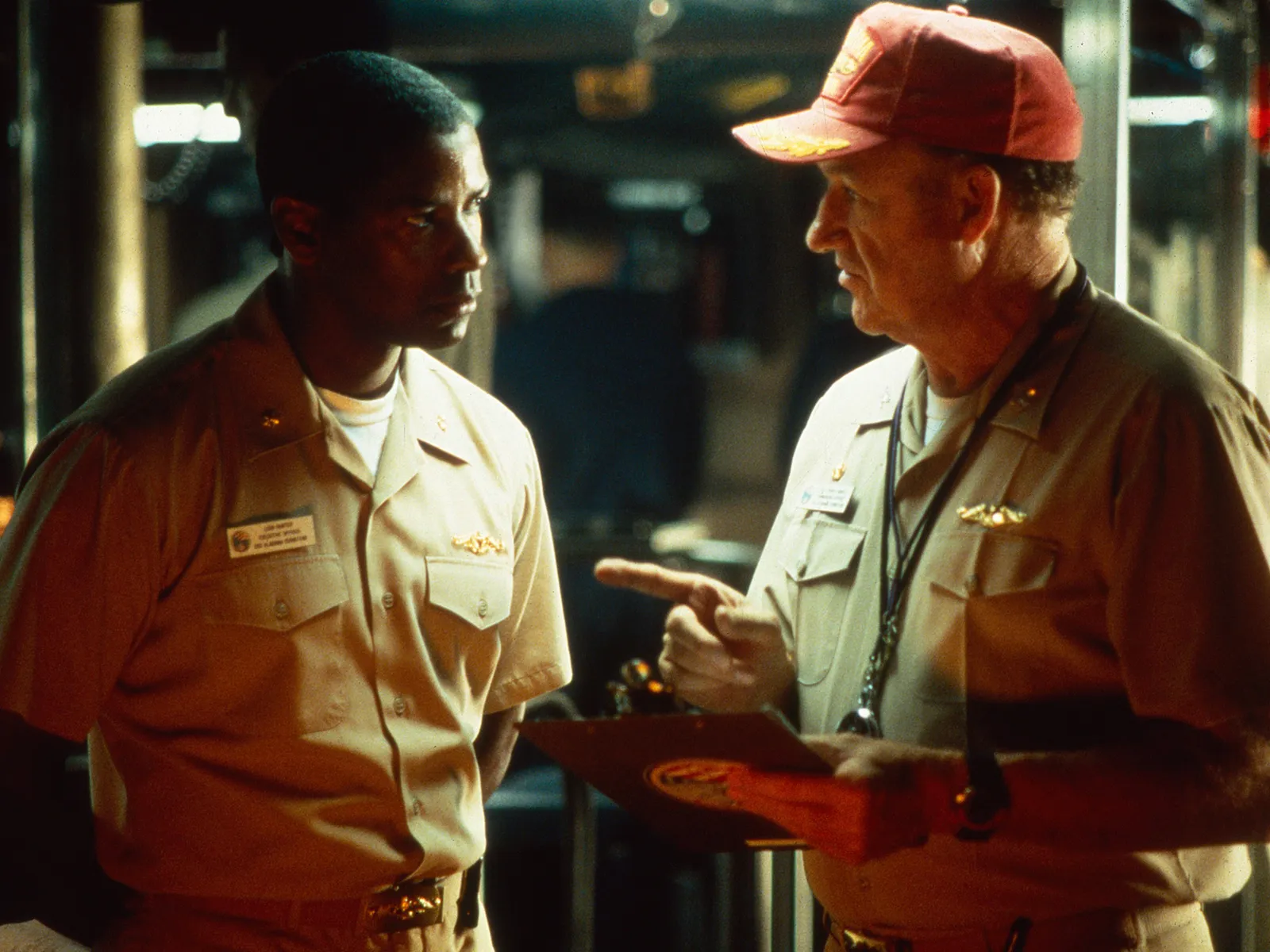How Gene Hackman Got Into Acting
(By Carmichael Phillip)

Gene Hackman, one of Hollywood’s most respected and versatile actors, has had a career spanning over five decades. His journey into acting was far from conventional, shaped by a mix of determination, resilience, and an unexpected entry into the world of performance. In this article, we explore Hackman’s path to Hollywood, his early struggles, and the pivotal moments that led him to become an Academy Award-winning actor.
Early Life and a Military Beginning
Eugene Allen Hackman was born on January 30, 1930, in San Bernardino, California. His early years were marked by hardship. His father, who worked as a pressman, abandoned the family when Hackman was just a young boy. This experience left a lasting impact on him, shaping his strong work ethic and sense of independence.
Growing up in Danville, Illinois, Hackman had a restless spirit. He struggled with academics and had a rebellious streak that made traditional schooling difficult. By the time he was 16, he decided to leave home and join the U.S. Marine Corps.
“I wanted to get away from my environment and prove myself,” Hackman later said about enlisting.
His time in the Marines gave him structure and discipline, but he also got his first taste of performance. He worked as a radio operator and was stationed in China, Hawaii, and Japan. During his service, he occasionally participated in announcing duties and radio broadcasts, unknowingly planting the seeds for his future career.
The Decision to Pursue Acting

After completing his military service, Hackman tried different jobs, including working as a truck driver and a doorman. But deep inside, he longed for something greater. In 1956, at the age of 26, he made a bold decision to pursue acting and enrolled in the Pasadena Playhouse in California.
However, his arrival at the Playhouse was not met with encouragement. In fact, the instructors were far from impressed with his abilities.
“I remember vividly the first day of class,” Hackman recalled. “The instructors told me and [Dustin] Hoffman that we had no talent.”
Despite the criticism, Hackman was undeterred. If anything, it fueled his determination. He became friends with another struggling actor, Dustin Hoffman, and the two bonded over their shared struggles.
New York Struggles and Persistence
After his time at the Pasadena Playhouse, Hackman moved to New York City in the late 1950s, determined to make a name for himself. He took small jobs to survive, including working as a furniture mover and shoe salesman.
Like many aspiring actors, he found himself in the world of Off-Broadway productions and small television roles. He eventually joined the prestigious Actors Studio, where he studied under the legendary Lee Strasberg. It was there that Hackman refined his craft and learned the power of method acting.
“I always believed that you learn more from failure than from success,” Hackman once said.
Despite years of struggling, he remained committed. He finally got a break with small television roles in shows like The Defenders and Hawk.
Breakthrough with Bonnie and Clyde
Hackman’s persistence paid off when he landed a role in the 1967 film Bonnie and Clyde, playing Buck Barrow, the older brother of Warren Beatty’s Clyde. The film was a critical and commercial success, and Hackman’s performance earned him an Academy Award nomination for Best Supporting Actor.
“Warren Beatty saw something in me that others didn’t,” Hackman later reflected. “That role changed my life.”
The success of Bonnie and Clyde opened doors for him, leading to more significant roles in films such as Downhill Racer (1969) and I Never Sang for My Father (1970), for which he received another Oscar nomination.
Becoming an A-List Star with The French Connection
The defining moment of Hackman’s career came in 1971 when he starred as NYPD detective Popeye Doyle in The French Connection. His raw, intense performance won him the Academy Award for Best Actor and solidified his place in Hollywood.
“I poured everything I had into that role,” Hackman said. “I knew it was a once-in-a-lifetime opportunity.”
The film’s gritty realism and Hackman’s unforgettable performance made him one of the most sought-after actors in Hollywood.
Legacy and Retirement

Gene Hackman continued to build an impressive career, starring in films like The Conversation (1974), Superman (1978), Hoosiers (1986), and Unforgiven (1992), which earned him another Oscar.
In 2004, Hackman retired from acting, leaving behind a legacy of unforgettable performances. When asked about his journey, he reflected,
“I never had a plan. I just kept going, kept working, and eventually, things fell into place.”
Hackman’s path into acting was anything but traditional, but his resilience and talent made him one of the greatest actors of his generation. His story serves as an inspiration to anyone facing rejection, proving that success often comes to those who refuse to give up.



